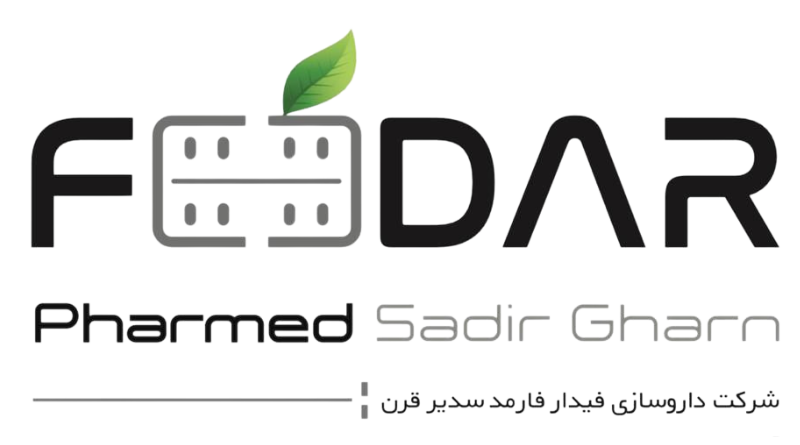Feedar Pharmed sadir Gharn Biotechnology Group
Medicinal plants have been one of the most important sources of medicine for thousands of years. Today, the demand for pharmaceutical compounds has increased, but some of these plants have limited natural habitats, and their collection faces challenges depending on the environmental and geographical conditions of their growing locations. The low concentration of these compounds in plants, the limitation of natural resources, the ongoing destruction of forests, pastures, and green spaces, the extinction of diverse plant and animal species, and the issues related to the domestication and agricultural cultivation of these plants have drawn researchers’ attention to using biotechnological solutions to enhance the production and productivity of medicinal plants.
Biotechnology, utilizing various sciences such as biology, biochemistry, genetics, etc., and employing cell, organ, and tissue culture techniques, genetic engineering, and molecular markers, is capable of enhancing the efficiency of plants as renewable resources for drug production.
Plant Cell and Tissue Culture
Cell, tissue, and organ culture enables the mass and rapid propagation of plants and the production of secondary metabolites under in vitro conditions. Using in vitro culture of plants allows access to the primary source of medicine in a controlled environment, independent of external conditions, and facilitates the increased production of compounds compared to the plant and the production of new compounds. Plants propagated through in vitro cultures are disease-free and genetically and qualitatively uniform.
In recent years, suspension culture and hairy root culture have gained attention for the production of secondary metabolites and the study of the biosynthetic pathways of metabolites. A wide range of medicinal plants has been investigated for cell culture, yielding important compounds such as:
- Flavonoids
- Tannins
- Alkaloids
- Triterpenoids
Feedar Pharmed sadir Gharn Pharmaceutical Laboratory

Plant Genetic Engineering
Plant genetic engineering plays a significant role in identifying and manipulating the enzymes involved in the metabolic pathways of secondary metabolite biosynthesis. Molecular markers, due to their independence from the age, physiological conditions, and environmental factors of the plant, serve as effective tools for accurately identifying important medicinal species, studying genetic diversity, classifying genetic resources, and determining their genetic maps.
Using a combination of molecular methods and biochemical analysis can enhance information related to a specific medicinal species, as well as quality control of the desired pharmaceutical compound at an industrial level. Additionally, tracking desirable traits and facilitating selection using markers, through their linkage to important traits, allows for rapid and precise selection of desirable genotypes during early growth stages, thus shortening the breeding period.
Research Objectives
- Using tissue culture techniques for the propagation and micropropagation of medicinal plants
- Utilizing cell culture for the production of secondary metabolites
- Investigating the molecular diversity of medicinal plants
- Studying the effects of biotic and abiotic elicitors on plant performance and medicinal active substances, and identifying genes involved in the metabolism of active substances
- Examining germination conditions and necessary pre-treatments to optimize sexual reproduction
- Investigating the tolerance of medicinal plants to environmental stresses (drought, salinity, nutrient deficiencies, etc.) and their impact on morphological traits and performance
- Studying the biological effects of essential oils and extracts from medicinal plants
- Investigating the activity and inhibition of enzymes involved in disease occurrence by essential oils and plant extracts
- Continuous collaboration and communication with research institutions, universities, and other scientific centers
- Authorship, translation, and compilation of books, journals, publications, and presentation of scientific and practical articles related to medicinal plants


 فارسی
فارسی Deutsch
Deutsch